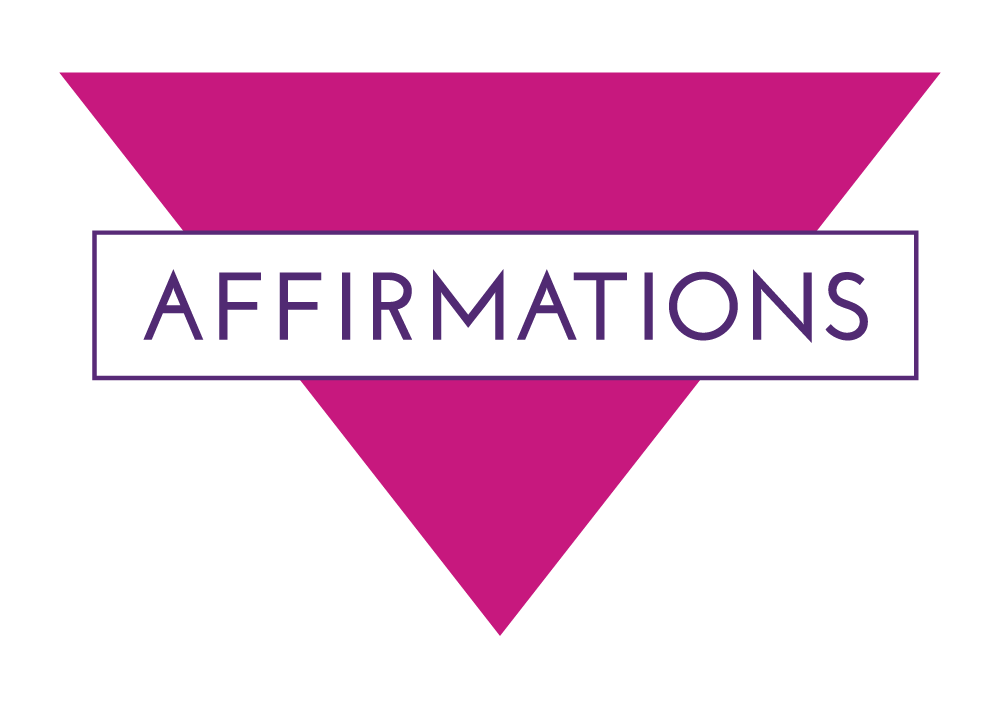STAYING SAFE WHILE STAYING CONNECTED
Make a Quick Exit
Our site offers a Quick Exit button if you need to close your browser window quickly, like if someone enters the room and you don’t want them to see what you’re viewing.
The Quick Exit button is located in the top right corner of any page on Affirmations’ site. Click the button once and it will take you to Weather.com.
The Quick Exit button does not delete your browser history, so a record viewing Affirmations’ content may still exist. Follow the tips below to protect your privacy while using Affirmations’ site and browsing the web. You may not be ready to talk with others about what you are researching – use these tips to protect yourself and share when you’re ready on your own terms.
If you are using our resources to learn more about LGBTQ+ themes but want to protect your privacy, use these tips:
- Clear your browser history.
Your internet browser saves information about words you search and websites you visit so it’s easy to return to them in the future. If you share your computer or mobile device with others and don’t want them to know you’ve been learning about our LGBTQ+ community center and resources, you can clear your history after you’re finished browsing. You can also remove individual websites from your history rather than clearing all records. - Use Private mode or Incognito mode.
Web browsers offer a private browsing feature so the sites you visit are not tracked – depending on what browser you use, this may be called Private, Incognito, or InPrivate mode. Turn this on before using the internet and viewing Affirmations’ site or other resources if you don’t want others to know you are learning about LGBTQ+ themes. - Don’t share your device.
Use a computer or mobile device that’s not shared with others you want to protect your privacy from. This might be your own personal device, one at a local library, or at Affirmations’ Cyber Cafe, where your loved ones are not likely to visit and track your web history.
Other Resources
- Read more in the July 2024 article, “Protecting Digital Identities For LGBTQ+ People,” from the Electronic Frontier Foundation, including more ways to adjust your settings to protect yourself.
- Here’s more on “Online Safety for LGBTQ+ Young People,” from The Trevor Project, including avoiding scams, setting strong passwords, and using VPNs.
- Read “What LGBTQ+ Communities Should Know About Online Safety,” from the National Cybersecurity Alliance, for other safety info like cyberbullying, safe social media use, and online dating.
- Review GLAAD’s “LGBTQ Digital Safety Guide”, including info on what to do if you’re harassed online and how to report hate speech.
